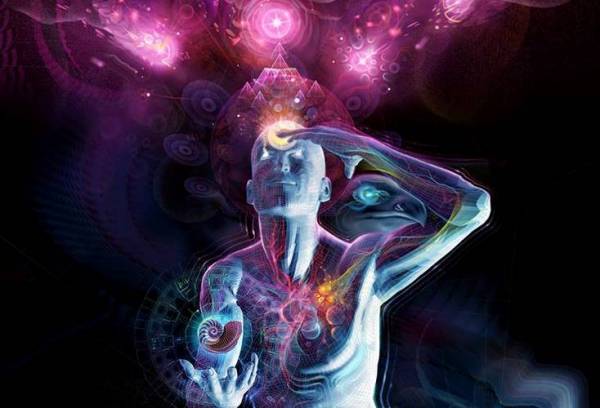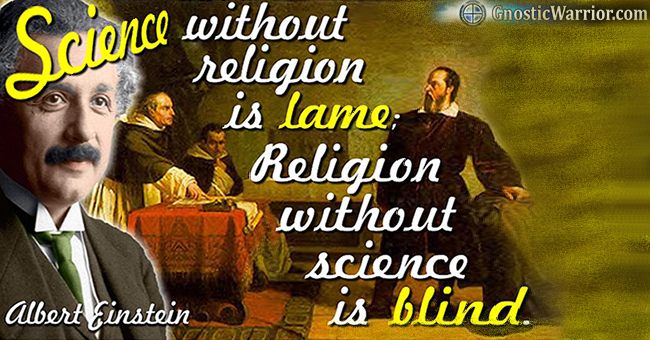Page 97
wisdom and the son of the mind, called by philosophers intellect, and by theologians the word, which ought to be believed to have taken on human flesh. But I, abiding in the phrases of philosophy, have not understood it, but have doubted and held it with inconstant faith, not that I remember to have shown marks of it in writing nor in speech, except indirectly from other things, something of it may be gathered as by way of ingenuity and profession in regard to what may be proved by reason and concluded from natural light. Thus, in regard to the Holy Spirit in a third person, I have not been able to comprehend, as ought to be believed, but, according to the Pythagoric manner, in conformity to the manner shown by Solomon, I have understood it as the soul of the universe, or adjoined to the universe according to the saying of the wisdom of Solomon: ‘The spirit of God filled all the earth, and that
which contains all things,’ all which conforms equally to the Pythagoric doctrine explained by Virgil in the text of the AEneid:
Principio coelum ac terras camposque liquentes,
Lucentemque globum Lunae, Titaniaque astra
Spiritus intus alit, totamque infusa per artus
Mens agitat molem;
and the lines following.
“From this spirit, then, which is called the life of the universe, I understand, in my philosophy, proceeds life and soul to everything which has life and soul, which, moreover, I understand to be immortal, as also to bodies, which, as to their substance, are all immortal, there being no other death than division and congregation, which doctrine seems expressed in Ecclesiastes, where it is said that ‘there is nothing new under the sun; that which is is that which was.’
” Furthermore, Bruno confesses his inability to comprehend the doctrine of three persons in the godhead, and his doubts of the incarnation of God in Jesus, but firmly pronounces his belief in the miracles of Christ. How could he, being a Pythagorean philosopher, discredit them? If, under the merciless constraint of the Inquisition, he, like Galileo, subsequently recanted, and threw himself upon the clemency of his ecclesiastical persecutors, we must remember that he spoke like a man standing between the rack and the fagot, and human nature cannot always be heroic when the corporeal frame is debilitated by torture and imprisonment.
But for the opportune appearance of Berti’s authoritative work, we would have continued to revere Bruno as a martyr, whose bust was deservedly set high in the Pantheon of Exact Science, crowned with laurel by the hand of Draper. But now we see that their hero of an hour
Page 98
is neither atheist, materialist, nor positivist, but simply a Pythagorean who taught the philosophy of Upper Asia, and claimed to possess the powers of the magicians, so despised by Draper’s own school! Nothing more amusing than this contretemps has happened since the supposed statue of St. Peter was discovered by irreverent archaeologists to be nothing else than the Jupiter of the Capitol, and Buddha’s identity with the Catholic St. Josaphat was satisfactorily proven.
Thus, search where we may through the archives of history, we find that there is no fragment of modern philosophy — whether Newtonian, Cartesian, Huxleyian or any other — but has been dug from the Oriental mines. Even Positivism and Nihilism find their prototype in the exoteric portion of Kapila’s philosophy, as is well remarked by Max Muller. It was the inspiration of the Hindu sages that penetrated the mysteries of Pragna Paramita (perfect wisdom); their hands that rocked the cradle of the first ancestor of that feeble but noisy child that we have christened MODERN SCIENCE.

Moe is the founder of GnosticWarrior.com. He is a father, husband, author, martial arts black belt, and an expert in Gnosticism, the occult, and esotericism.


![How a blind woman, praying in the burial-place of that monastery, was restored to her sight [675 A.D.?] | Book 4 | Chapter 10 How a blind woman, praying in the burial-place of that monastery, was restored to her sight [675 A.D.?] | Book 4 | Chapter 10](https://www.gnosticwarrior.com/wp-content/plugins/contextual-related-posts/default.png)



